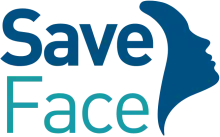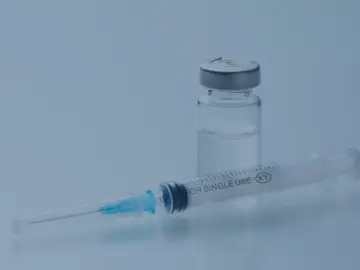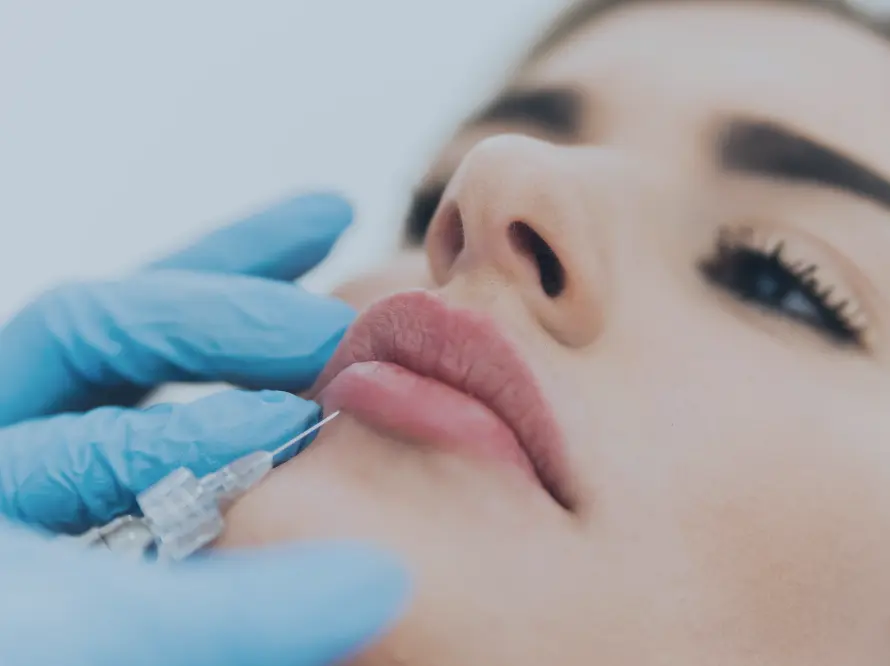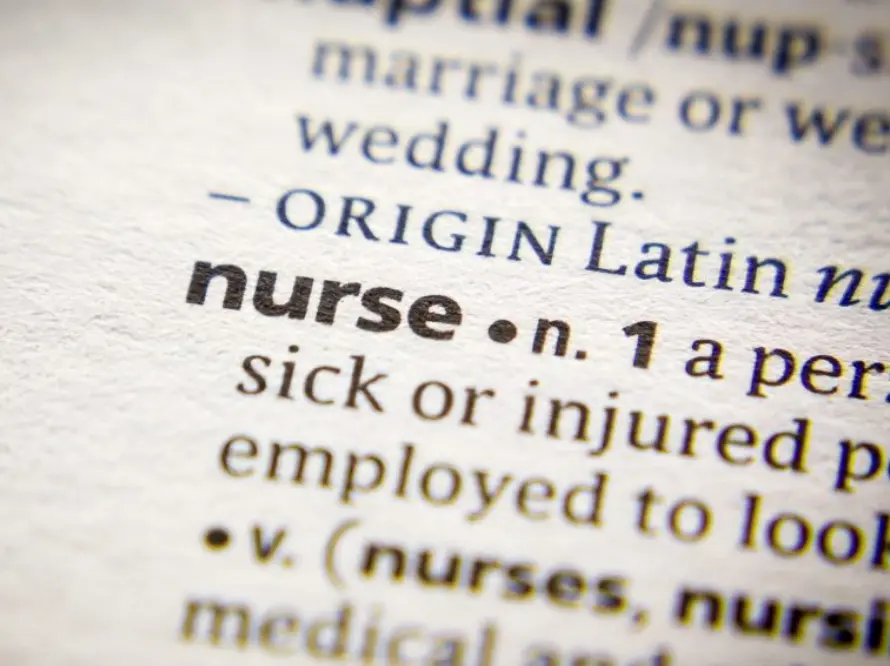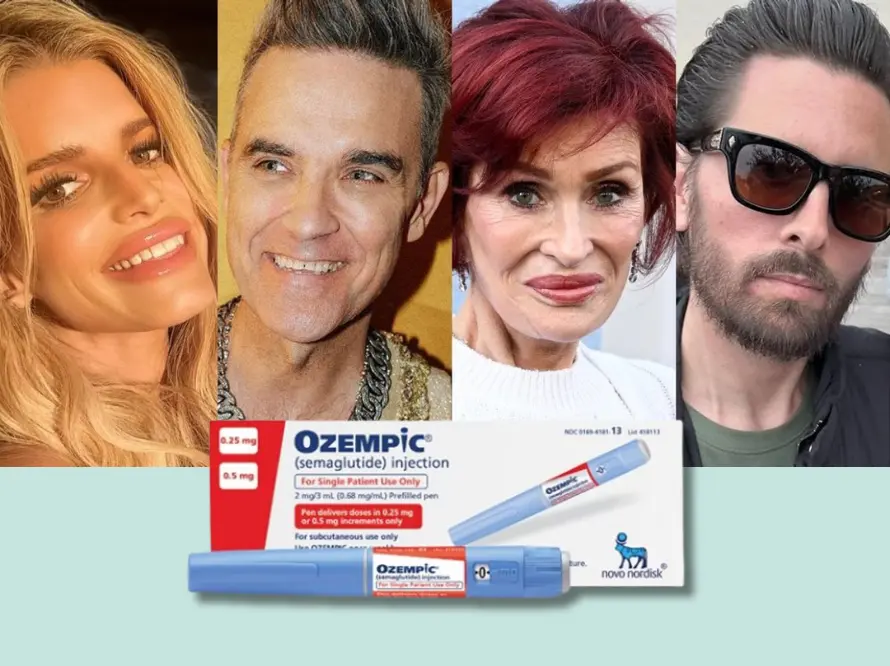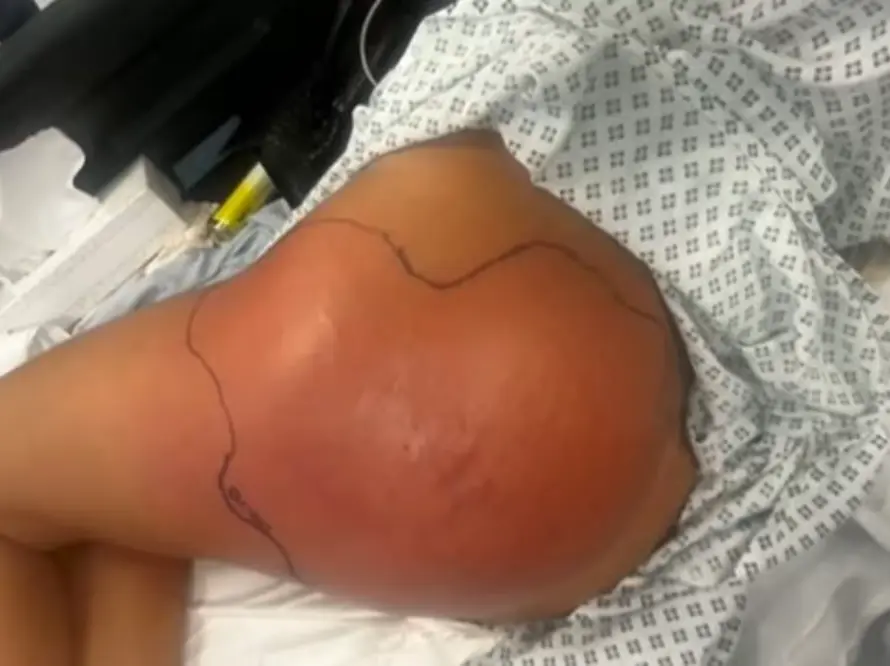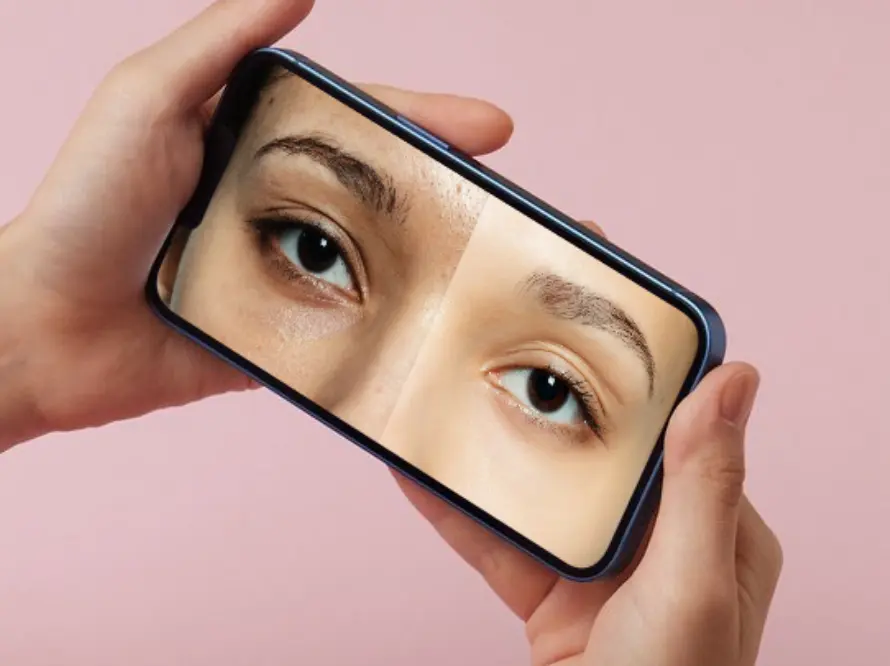At the CCR conference held last October at London’s ExCel, a pharmaceutical company formally complained about promotional activity for unlicensed botulinum toxins by several international aesthetic companies. The complaint alleged that medicines that did not have a UK Marketing Authorisation, or equivalent, were being promoted to healthcare professionals at company exhibition stands during the flagship aesthetic event. This included display materials and/or vials of the botulinum toxin products, with overt dissemination of information about the products.
The Medicines and Healthcare products Regulatory Agency (MHRA) investigated and upheld the complaint against three Korean companies that attended the flagship aesthetics event.[i] Dermax, JDBio Co Ltd, and Visionmed Ltd have since agreed to “review their procedures to ensure that no promotional materials referring to medicinal products that do not have a UK Marketing Authorisation are displayed, and attention is not proactively drawn to such products during discussions or interactions, at conferences focussed on UK attendees”.
Sadly, this occurrence is now not uncommon; in recent years, several incidents have been reported to the MHRA task forces, with event visitor experiences and photographs shared in forums and on social media, highlighting a pattern of primarily Korean companies attending UK aesthetic trade events ignorant of the rules and coming armed with product and promotional materials for unlicensed neurotoxins on their exhibition stands.
Regulation 279 of the Human Medicines Regulation 2012[ii] prohibits the advertisement of medicinal products for medicinal purposes that do not hold a valid Marketing Authorisation. This is further explained in chapter 4 of the MHRA Blue Guide[iii], which states,
“It is in breach of the Regulations to issue any promotional material for a licensable medicine until the licence has been granted…This prohibition on advertising unlicensed medicines does not prevent a factual answer to an unsolicited question about an unlicensed medicine...Any activity that appeared to be designed to solicit such questions would be likely to be considered promotional and in breach of this prohibition…Companies may promote the service they provide, but any proactive display of information about their products, for example, at a conference stand, is likely to be seen as promotional.”
In 2022, a similar complaint was investigated and upheld by the MHRA against DFKBIOLAB Inc, who were discovered advertising an unlicensed botulinum toxin on a counter display at the CCR event.[iv] They also took action at the Facial Aesthetic Conference and Exhibition (FACE) when Oreon Life Science was found to be in breach for on-stand display materials that included images of a vial and the words ‘the new botulinum toxin type A’.[v]
Policing of medicines regulation is certainly ramping up, with both reactive and proactive investigations. The MHRA inspectors are now often present and sniffing out rule breakers at high-profile UK aesthetic conferences.
Although one could argue that there is an onus on the event organisers to prevent such activity, their ability to fully vet companies and their expected promotional activities before on-site attendance is somewhat hampered. They would find themselves in an invidious position if they outright banned attendance from overseas companies who possess authorised and non-authorised product portfolios, simply on the grounds of mistrust. They must, therefore, take companies at their word that they know their legal obligations in the UK and will not attempt to flout them by marketing unlicensed medicines at their event, only to then take the ‘flak’ when visitors spot a serious faux-pas and lay blame at their doorstep as organisers.
As medical professionals, you must undertake your own due diligence when it comes to procurement; know which brands of botulinum toxin (BoNTA) have UK Marketing Authorisation and avoid any temptation from those wishing to convince you that they have a ‘better’, ‘cheaper’, or ‘new-to-market’ alternative they can supply to you directly. Caveat emptor is crucial for maintaining legal and ethical best practice in such cases.
If you see anything suspicious when attending UK-based aesthetic events, Save Face would urge you to raise the alarm with the organisers so they can inform the MHRA inspectors, who can take immediate action to remove the product and put a stop to unauthorised activity.
References
[i] https://www.gov.uk/government/publications/advertising-investigations-march-2025/promotion-of-unlicensed-botulinum-toxin-medicines-at-a-uk-conference-march-2025
[ii] Regulation 279 of the Human Medicines Regulation 2012 - https://www.legislation.gov.uk/uksi/2012/1916/regulation/279
[iii] MHRA Blue Guide - https://assets.publishing.service.gov.uk/government/uploads/system/uploads/attachment_data/file/956846/BG_2020_Brexit_Final_version.pdf
